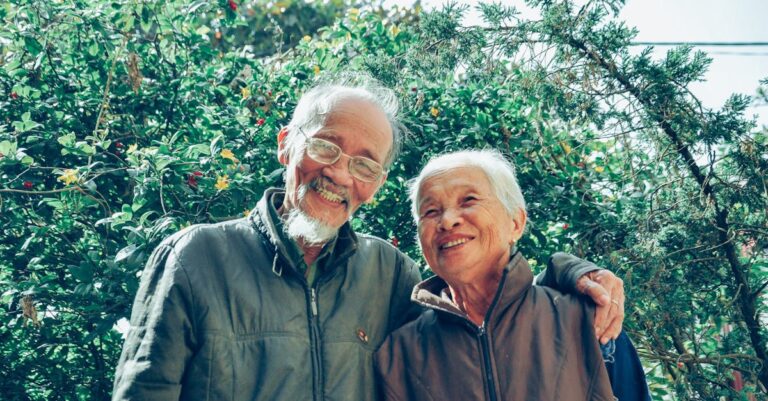Watch our webinar and discover how young cancer survivors can navigate the critical transition from pediatric to adult healthcare.
Transitioning from pediatric to adult healthcare is a critical phase for young cancer survivors, encompassing physical, emotional, and logistical challenges. Our webinar explored these issues, highlighting the hurdles, survivor experiences, and actionable recommendations for smoother transitions.
What is Healthcare Transition?
Healthcare transition is a structured process helping childhood cancer survivors move from pediatric care to adult-oriented systems. It aims to address survivors’ medical, emotional, and social needs while fostering independence and self-advocacy. More than transferring medical records, this transition empowers survivors to understand their medical history, advocate for their unique needs, and take ownership of their health.
Challenges in Transitioning
Mismatch of Expectations
Survivors often expect life to normalize after treatment, but late effects like fatigue, chronic pain, and cognitive challenges frequently persist, leaving many feeling isolated.
Parental Struggles
Parents play a crucial role in navigating fragmented healthcare systems. Without adequate resources, they often feel overwhelmed trying to ensure continuity of care.
Gaps in Healthcare Systems
Disconnects between pediatric and adult care systems create barriers. Many adult providers lack training to address the long-term effects of childhood cancer, leading to gaps in care and frustration for survivors and families.
Survivor and Parent Perspectives
Survivors emphasized the importance of self-advocacy—understanding their medical history and taking charge of their care. However, many struggle with isolation, depression, and reintegration challenges. Peer support networks can help survivors feel understood and supported.
Parents are vital in guiding their children through the transition but often lack support. Peer networks for parents can provide shared experiences and resilience during this challenging phase.
Recommendations for Improving Transitions
Education and Awareness
Train healthcare providers about transition care and the unique needs of survivors. Provide resources to empower survivor independence.
Communication and Collaboration
Encourage open dialogue between survivors, families, pediatric teams, and adult providers. Improve coordination between healthcare systems to reduce the burden on parents.
Standardized Guidelines
Develop a European-wide transition framework to close care gaps and provide equitable, long-term follow-up for survivors.
Support Networks
Strengthen peer support systems and multidisciplinary care teams to address medical, psychological, and social needs holistically.
Developing European Transition Guidelines
A multi-year initiative is underway to standardize healthcare transitions across Europe. Key elements include:
- Early introduction of transition planning.
- Readiness tools to measure survivor preparedness.
- Survivor feedback to ensure practical and effective solutions.
These guidelines aim to provide equitable, comprehensive support to all survivors and are set to be finalized by the end of the year.
The transition from pediatric to adult healthcare is transformative for young cancer survivors. By fostering collaboration, empowering survivors, and implementing standardized guidelines, we can turn this experience into an opportunity for growth.
To learn more, watch the full webinar here.






Comments
Thank you. Comment sent for approval.
Something is wrong, try again later